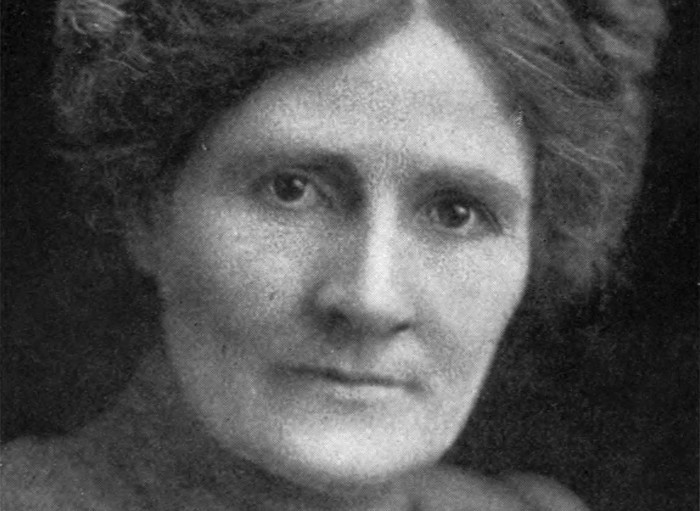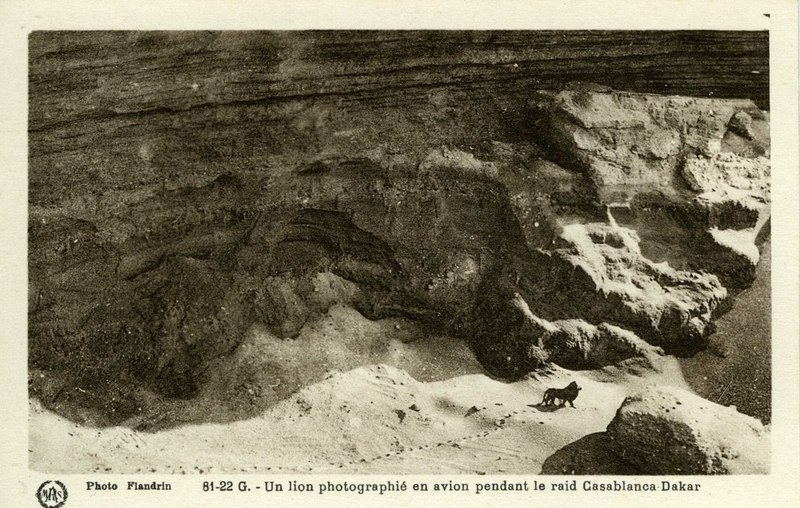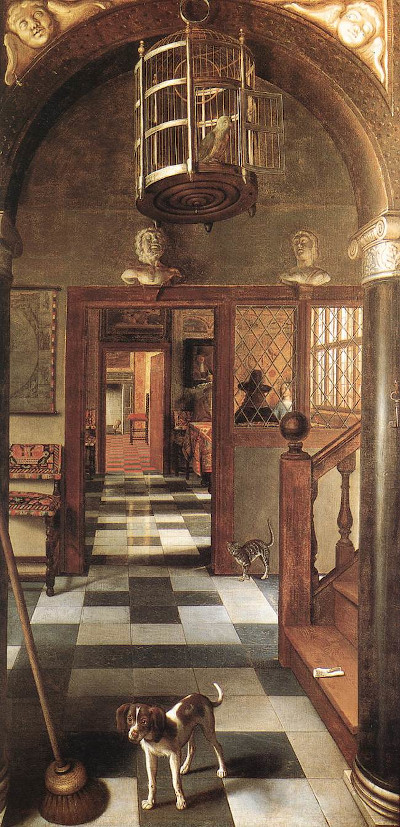In 1922, Baltic German teacher and linguist Edgar de Wahl offered a new language to facilitate communication between people from different nations. He called it Occidental, and designed it so that many of its words will be recognizable by those who already know a Romance language:
Li material civilisation, li scientie, e mem li arte unifica se plu e plu. Li cultivat europano senti se quasi in hem in omni landes queles have europan civilisation, it es, plu e plu, in li tot munde. Hodie presc omni states guerrea per li sam armes. Sin cessa li medies de intercomunication ameliora se, e in consequentie de to li terra sembla diminuer se. Un Parisano es nu plu proxim a un angleso o a un germano quam il esset ante cent annus a un paisano frances.
“Material civilization, science, and even art unify themselves more and more. The educated European feels himself almost at home in all lands that have European civilization, that is, more and more, in the entire world. Today almost all states war with the same armaments. Without pause the modes of intercommunication improve, and in consequence from that the world seems to decrease. A Parisian is now closer to an Englishman or a German than he was a hundred years before to a French peasant.”
It gained a small community of speakers in the 1920s and 1930s and had largely died out by the 1980s — but in recent years it’s seen a resurgence on the Internet as Interlingue.





